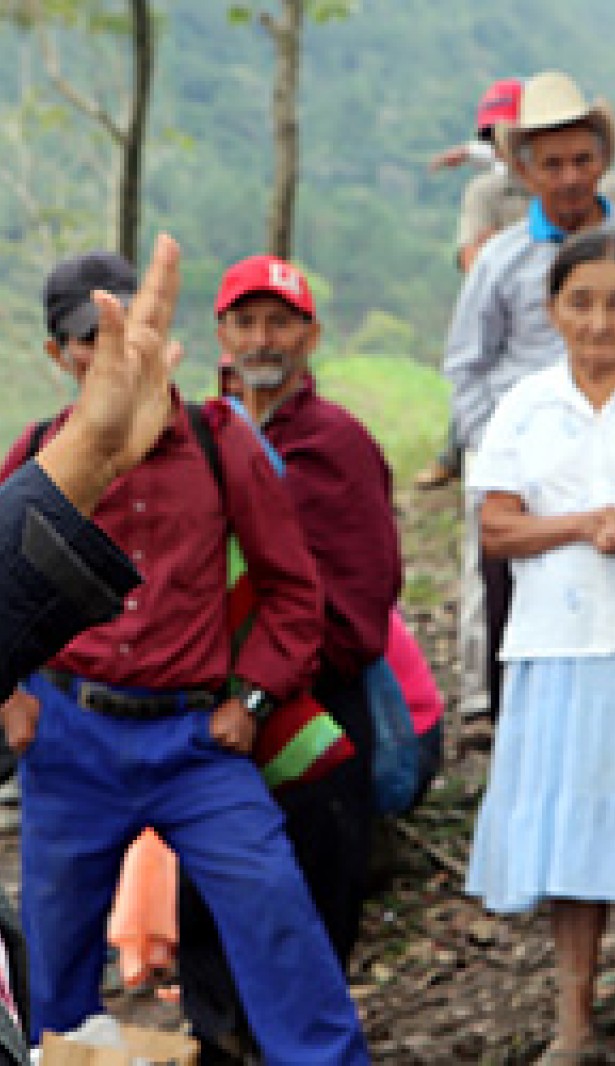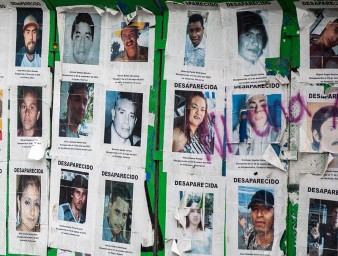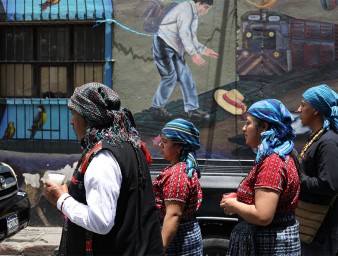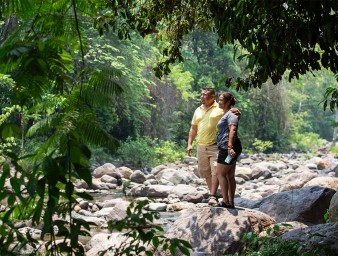Latin America and the Caribbean negotiate better protection for environmental rights defenders
25 November 2016
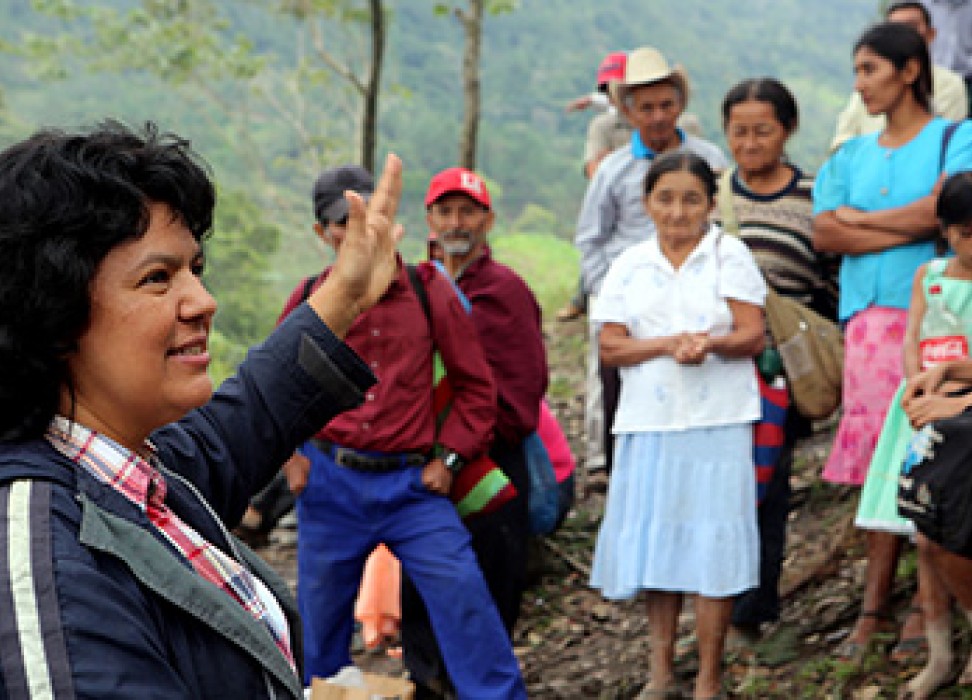
Laura’s mother was shot dead in her home, one morning in March, in front of a friend. All those threats she had been receiving for years finally became a reality. Laura’s mother fought her entire life for the right of the Lenca people, her people, to live in a safe and healthy environment in their country, Honduras. Her mother’s name was Berta Cáceres.
“My mother was imprisoned, discredited, she was threatened for her fight in defence of life and against extractivism”, said recently Laura Zúñiga Cáceres at the United Nations in Geneva. “Our fight is for Mother Earth, our fight is for life, and in that struggle we are losing our own lives”.
But Caceres’ murder in Honduras is not an isolated case. Latin America is the most hostile region for environmental defenders, said the UN Special Rapporteur on human rights defenders, Michel Forst, in a recent report to the General Assembly.
“In 2014, three quarters of the 116 cases of killings of environmental human rights defenders in 17 countries — on average more than two victims per week — took place in Central and South America,” he points out in his report.
All across Latin America and the Caribbean, brave environmental activists face the worst obstacles in their struggle for a more sustainable world: threats, harassment and intimidation are often part of their routine. In some areas, their efforts can be discredited as “anti-development.” And in many cases, their heroic crusade to defend our planet and our rights may cost them their lives.
In addition to Honduras, countries such as Brazil, Colombia, Guatemala, Mexico and Peru, which attract more and more extractive and mining industries that cause further deforestation, have become increasingly dangerous for rights activists. Making matters worse, impunity occurs much too often in crimes against environmental defenders, according to Forst’s report.
Amid this complex situation, delegates from 10 Latin American and Caribbean countries committed at the 2012 Rio+20 Conference to implement Principle 10 of the Declaration on Environment and Development, which seeks to ensure access to information, participation and justice on environmental matters. Signatory countries to this commitment are now 23, and having in the Aarhus Convention a successful precedent of a binding treaty on these issues for Europe, States are negotiating their own way to further implement environmental democracy in the region, with the active engagement of civil society.
The latest negotiation meeting occurred on 21-25 November 2016 in Santiago, Chile, at the UN Economic Commission for Latin America and the Caribbean (ECLAC), which is acting as technical secretariat to the process.
Environmental defenders “are not only environmentalists or land activists, but also human rights defenders,” UN expert Michel Forst said. In the same vein, the recently adopted 2030 Agenda emphasizes on the interconnection between human rights and sustainable development, and its strong drive for universality, participation and inclusion.
For those reasons, ECLAC and OHCHR - through its regional presence for South America, in Chile - made available a compilation of international human rights standards applicable to access to information, participation and justice. Conceived as input for the negotiation of the agreement, the publication Society, rights and the environment is a joint effort to put human rights at the core of the deliberations, and also an invitation to countries to embrace human rights as their pathway towards sustainable development.
The publication was launched during the recent Principle 10 negotiation meeting in Santiago. It includes a foreword by the ECLAC’s executive secretary Alicia Bárcena and the UN High Commissioner for Human Rights, Zeid Ra’ad Al Hussein.
“Development will never be sustainable or inclusive unless it has equality and the effective ownership of rights as its cornerstone,” Bárcena said. “This joint publication with OHCHR contributes to highlight the virtuous circle of human rights, access rights and the protection of the environment.”
“The people of Latin America and the Caribbean deserve a strong agreement that is firmly grounded in human rights,” said High Commissioner Zeid. “This is an opportunity to advance transparency and accountability on environmental topics which are of immense importance to the region. Furthermore, environmental human rights defenders urgently need more protection, and we and they are counting on the Principle 10 process.”
The publication Society, rights and the environment: international human rights standards applicable to access to information, participation and justice is now available here.
25 November 2016
